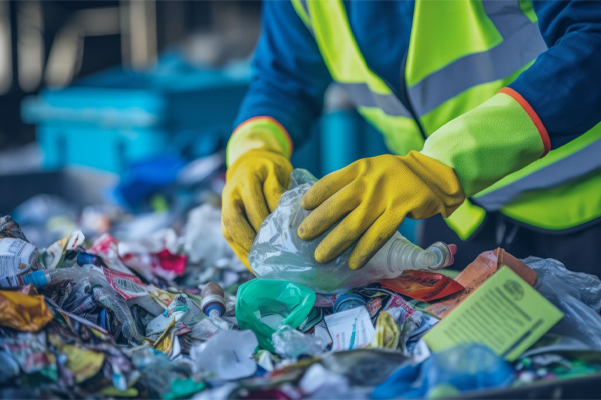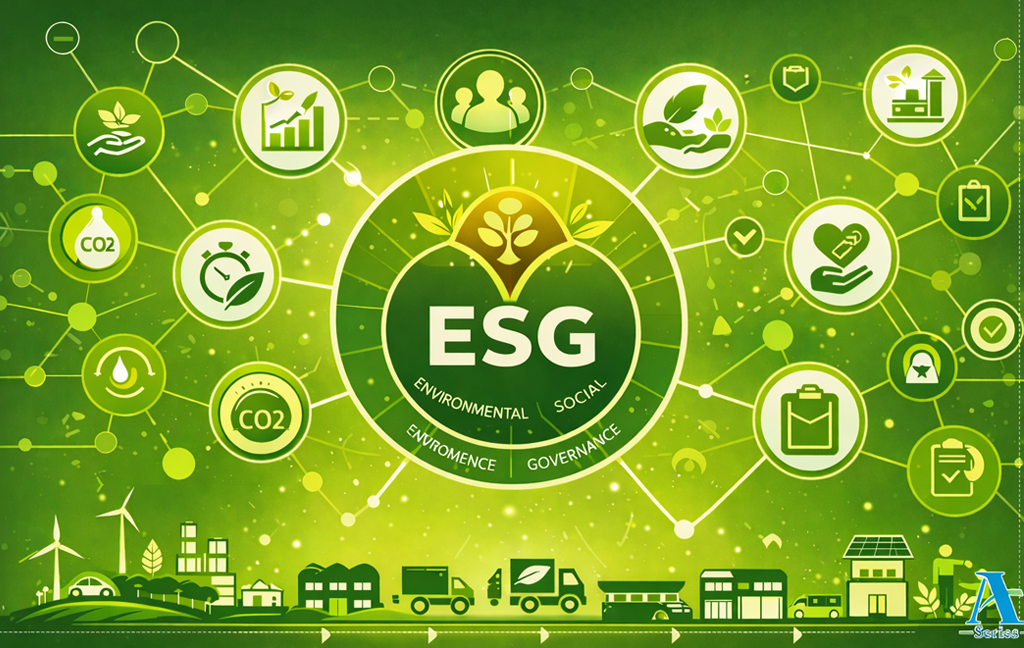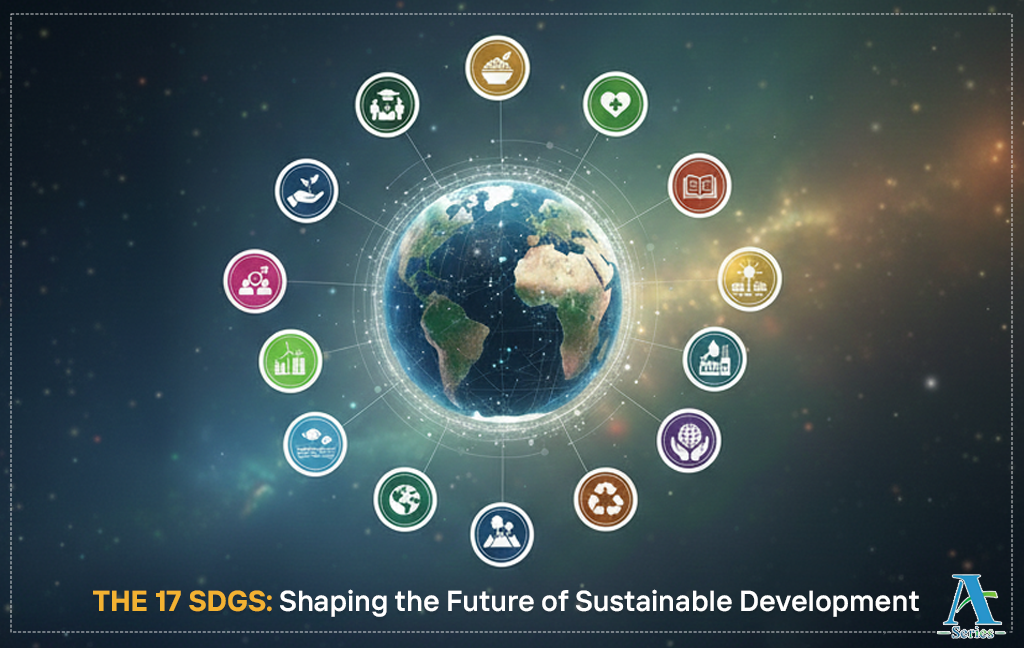Waste Management in India: A Focus on E-waste, Plastic Waste, Battery Waste, and Tyre Waste Under 2022 Regulations

India has emerged as one of the fastest-growing economies, but along with growth comes a critical environmental challenge: waste management. The government has recognized this and developed regulatory frameworks to address different waste streams, namely E-waste, Plastic Waste, Battery Waste, and Tyre Waste. The 2022 updates to these regulations aim to make waste management more effective, ensuring environmental safety and sustainability. Let’s delve into each category and its respective regulations.
- E-Waste Management: E-Waste (Management) Rules, 2022
Electronic waste, or e-waste, refers to discarded electrical or electronic devices such as computers, mobile phones, and home appliances. With increasing digitalization, India is experiencing a surge in e-waste generation, which poses severe environmental and health risks due to toxic components like lead, mercury, and cadmium.
Key Highlights of E-Waste Management Rules 2022:
- Extended Producer Responsibility (EPR): Producers are required to collect a specified percentage of e-waste generated by their products.
- Recycling Targets: Companies must ensure their e-waste is either reused or recycled by authorized agencies.
- Prohibition of Unregulated Disposal: Informal recycling, which is harmful to both human health and the environment, is banned.
- Monitoring & Penalties: Failure to meet EPR targets or other violations will incur penalties.
- This regulation is a step forward in formalizing the e-waste recycling industry and promoting sustainable practices among producers, ensuring that hazardous components are treated correctly.
- Plastic Waste Management: Plastic Waste Management Rules, 2022
Plastic waste is a major environmental pollutant, with single-use plastics being particularly harmful. India generates millions of tons of plastic waste every year, much of which ends up in landfills or oceans, causing irreversible damage to ecosystems.
Key Highlights of Plastic Waste Management Rules 2022:
- Ban on Single-Use Plastics (SUPs): A complete ban on certain single-use plastics such as straws, plates, and cutlery has been imposed.
- EPR for Plastic Producers: Manufacturers, importers, and brand owners (PIBOs) are responsible for managing the end-of-life disposal of plastic waste.
- Phasing Out of Thin Plastics: The use of plastic bags below 75 microns in thickness was banned in 2022, encouraging the use of thicker, recyclable alternatives.
- Public Engagement and Awareness: Emphasis on awareness campaigns and capacity-building initiatives to reduce plastic usage at the consumer level.
The focus on banning single-use plastics and increasing accountability for waste collection aims to drastically reduce plastic pollution and promote a circular economy.
- Battery Waste Management: Battery Waste Management Rules, 2022
With the advent of electric vehicles and widespread use of portable devices, battery waste has become an emerging issue. Batteries contain toxic materials such as lead, cadmium, and lithium, which, when improperly disposed of, can lead to soil and groundwater contamination.
Key Highlights of Battery Waste Management Rules 2022:
- EPR Framework for Battery Producers: Manufacturers of batteries must take responsibility for collecting, recycling, and disposing of batteries at the end of their lifecycle.
- Safe Recycling and Disposal Practices: Proper channels for the collection and recycling of battery waste have been mandated to prevent environmental damage.
- Eco-friendly Design Mandates: Battery manufacturers are encouraged to adopt designs that make batteries more durable and easier to recycle.
- Incentives for Recycling: Encouraging formalized recycling of battery waste by authorized handlers, with penalties for improper disposal.
The goal is to prevent hazardous battery components from ending up in landfills and promote sustainable production practices in the battery manufacturing industry.
- Tyre Waste Management: Tyre Waste Management Rules, 2022
India is one of the largest producers and consumers of tyres, which results in a significant amount of tyre waste. Discarded tyres are non-biodegradable and, if not managed properly, pose fire hazards and release toxic fumes when burned.
Key Highlights of Tyre Waste Management Rules 2022:
- EPR for Tyre Producers: Manufacturers are now responsible for creating efficient systems to manage the collection and recycling of tyre waste.
- Increased Recycling Capacity: Incentives are given to companies that can recycle or repurpose tyres, such as using them for rubberized asphalt or energy recovery.
- Banning Illegal Dumping and Burning: Tyre burning, which leads to the release of harmful chemicals, is prohibited, and stringent penalties are imposed on illegal dumping.
- Focus on Circular Economy: Tyres are to be recycled and reused in ways that contribute to resource conservation, promoting sustainable practices.
Proper management of tyre waste is crucial for reducing environmental hazards and promoting the reuse of materials, aligning with India's larger circular economy goals.
Conclusion
The 2022 regulations covering e-waste, plastic waste, battery waste, and tyre waste represent a significant step towards more effective waste management in India. By introducing EPR, setting strict recycling targets, and enforcing penalties for violations, these rules aim to hold producers accountable and reduce environmental pollution. However, successful implementation requires active participation from all stakeholders, including businesses, the informal recycling sector, and the public. As India continues to grow, these regulations pave the way for a more sustainable future, promoting responsible production and waste management practices.
The road ahead involves refining these waste management processes, enhancing public awareness, and developing infrastructure to deal with the complexities of modern waste streams.






